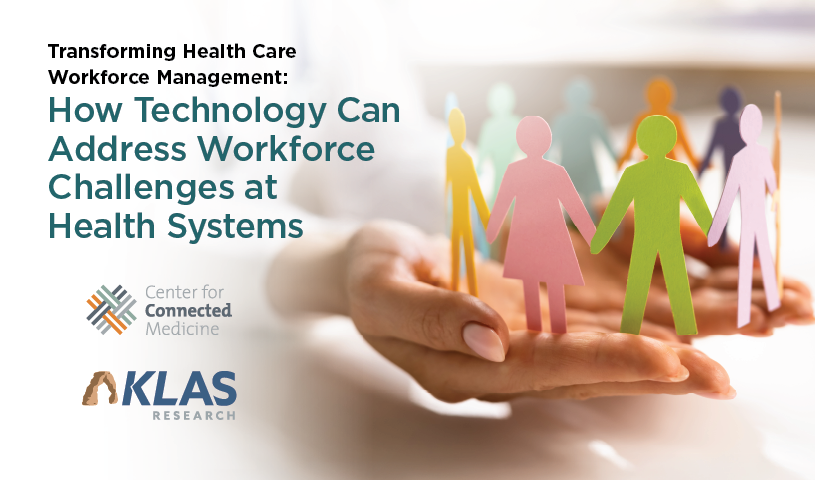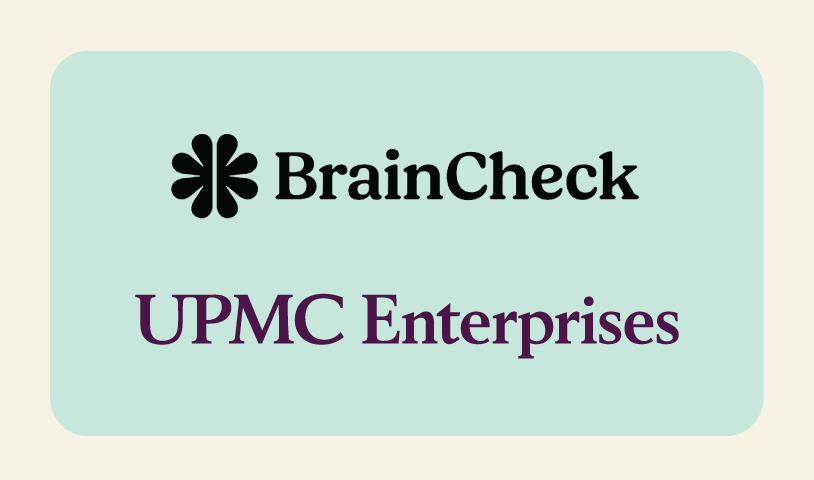New report from Center for Connected Medicine details how COVID-19 has shifted innovation priorities at health systems
When the COVID-19 pandemic hit early in 2020, health systems across the U.S., including UPMC, accelerated innovation efforts in response to the need for many in-person medical services to be postponed.
Health systems quickly turned their attention to scaling telehealth, deploying artificial intelligence (AI) solutions, and improving revenue cycle management, according to new research from the Center for Connected Medicine (CCM). UPMC is an operating partner of the CCM.
The CCM’s fourth annual “Top of Mind for Top Health Systems” report, conducted in partnership with KLAS Research, focuses on how innovation priorities shifted in response to COVID-19 and the role of key technologies in managing the pandemic.
“UPMC has made it clear that innovation isn’t optional — even in a pandemic,” said Brent Burns, Executive Vice President, UPMC Enterprises. “We are accelerating our work on digital solutions and telemedicine to improve the patient and provider experience. In some ways, the pandemic helped push through innovation projects that were under consideration and might have taken some time to implement.”
Burns served on the CCM’s Top of Mind Advisory Committee, a group of health care leaders and innovators who helped shape the Top of Mind survey, report, and other activities.
In addition to innovation priorities, the report examines how the pandemic is influencing three health care technologies — telehealth, AI, and revenue cycle management. Survey respondents identified the three areas as priorities for the future before the pandemic. COVID-19 led health systems to rapidly implement telehealth to continue seeing patients, AI to enable better decision making, and revenue cycle management technologies to improve efficiencies.
Highlights from the Top of Mind research findings include:
- Nine out of 10 organizations successfully met increased telehealth demand during the pandemic. However, quick implementation of solutions magnified opportunities for improvement, including integration and patient and clinician experience — which many will seek to address in the coming year.
- Half of respondents reported using AI in response to the pandemic for applications such as clinical decision support, management of beds, staffing and devices, and analytics – experience that is boosting interest in the technology and pointing to greater utilization in the year ahead.
- Identified as an area most in need of innovation, revenue cycle management has become a greater priority for health systems, with 57% of respondents saying they are optimistic or very optimistic that innovation can happen in the coming year.
Read more about the report and download a copy.


